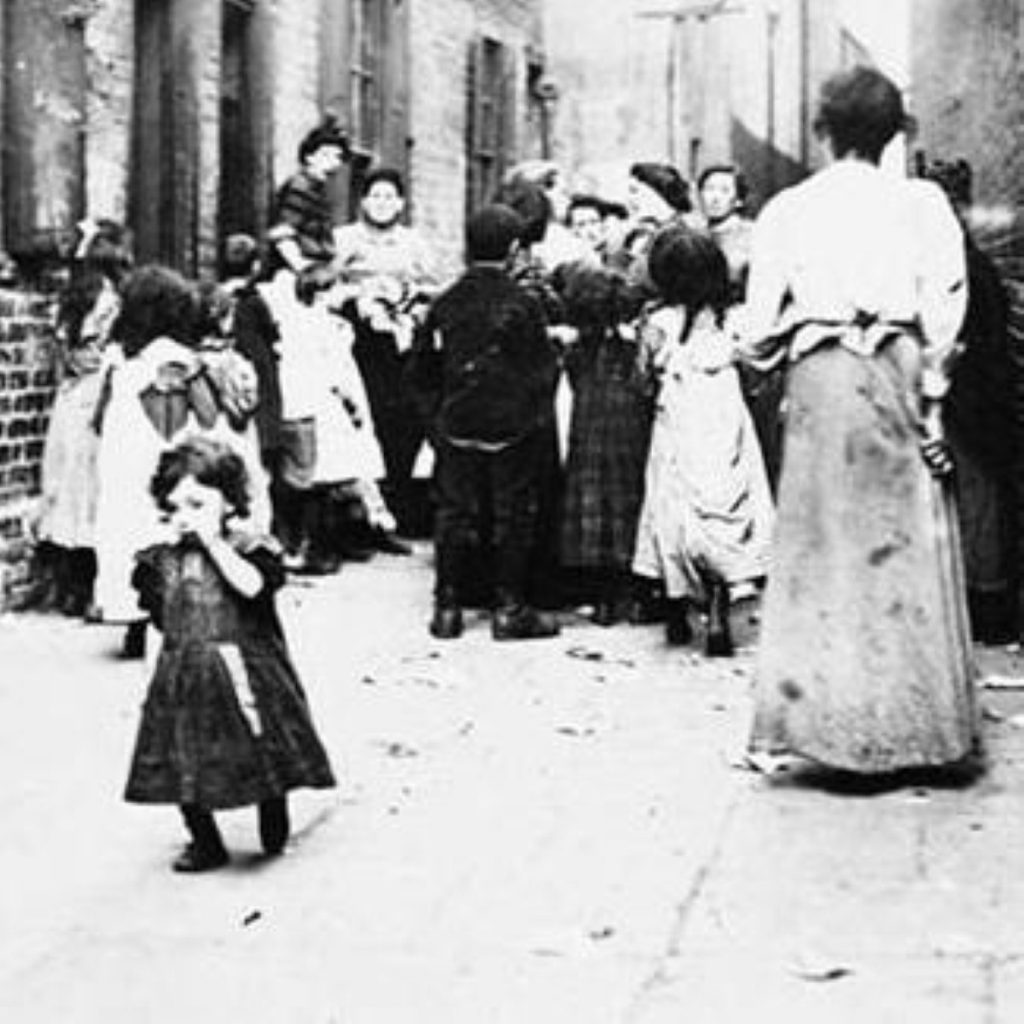Inequality at highest level since WW2
By Ian Dunt
Inequality has reached its highest point since the Second World War, the government’s own panel on the subject has found.
The National Equality Panel report, commissioned by women’s minister Harriet Harman, found inequality had reached its highest level since records began being taken by the government.
A comparison with measures based on tax records revealed the UK was experiencing the highest level of income inequality since “soon after the Second World War”.


For all employees, real earnings remained mostly static between 2003 and 2008 at around 106% of 1999 levels, but the real earnings of the CEOs of the top 100 companies more than doubled between 1999 and 2007, reaching £2.4 million.
The report shows the UK now how the seventh worst level of inequality in the OECD, ahead of only Mexico, Turkey, Portugal the United States, Poland and Italy.
“It is truly shocking that after 13 years of a Labour government, inequality has grown to the highest levels seen since the Second World War,” said shadow women’s minister Theresa May.
“It is unbelievable that Labour thinks it can claim to be the party of aspiration when its failure to tackle the causes of poverty have let down so many lives.”
Social mobility rates remain stubbornly low. The report found no evidence that rates relative occupational mobility have changed at all since the early 1970s.
“This report confirms the damage done to Britain’s society in the 1980s by the Conservative government has yet to be repaired,” Lib Dem children’s spokesman David Laws said.
“Gordon Brown has failed to make significant progress in reducing inequality. His government has run out of ideas for tackling the lack of opportunity for so many children and the chasm that separates the rich from the poor.”
Ethnic minorities remain far less likely to be in employment than white British men and women. Forty-four per cent of Pakistani and 49% of Bangladeshi women are economically inactive.
Ceri Goddard, chief executive of the Fawcett Society, said the report showed gender and race inequalities had to be tackled alongside economic inequality.
“Women’s and other equality campaigners have known for years that it is just not helpful and way too simplistic to say one kind of inequality – say between rich and poor – and other kinds – say between black and minority ethnic people and white people – are either more important than the other or can be addressed in isolation from each other,” she said.
There was some good news, however. The gender pay gap had narrowed slightly, and girls, young women and some ethnic groups were improving their educational achievements.
One interesting finding saw larger difference in economic outcomes within each social group than between them.
“This does not alter the fact that however you divide social groups – whether by race, age, disability, sexuality or social class it is the women in all of these groups who earn less or have less access to economic resources,” Ms Goddard said.
The government insisted moves had been made to improve equality in the UK.
In a statement, it said households in the poorest fifth of the population will be on average £3,000 a year better off since 1997, and the poorest third of pensioners will be on average £2,100 a year better off.
The government also cited the widely acclaimed SureStart scheme and the minimum wage as evidence of its commitment to reducing inequality.
“We have made progress over the last 13 years – especially in tackling poverty – and halted the rising growth of inequality that dates back to the 1980’s and which we still see the effects of today,” Ms Harman said.
“But we will do more to increase social mobility and tackle the barriers that hold people back unfairly.
“The challenges set out in today’s report require sustained and focused action. But for the sake of the right of every individual to reach their full potential, for the sake of a strong and meritocratic economy and to achieve a peaceful and cohesive society, that is the challenge that must be met.”
The report comes a week after an Institute of Public Policy Research (IPPR) document found ethnic minorities had been disproportionately affected by the recession, with nearly half of all young black people in the UK unemployed.












